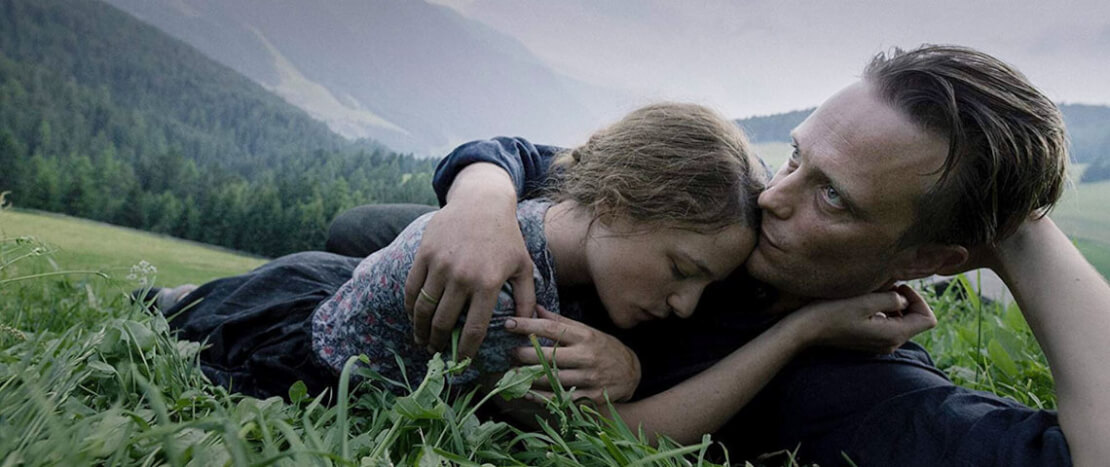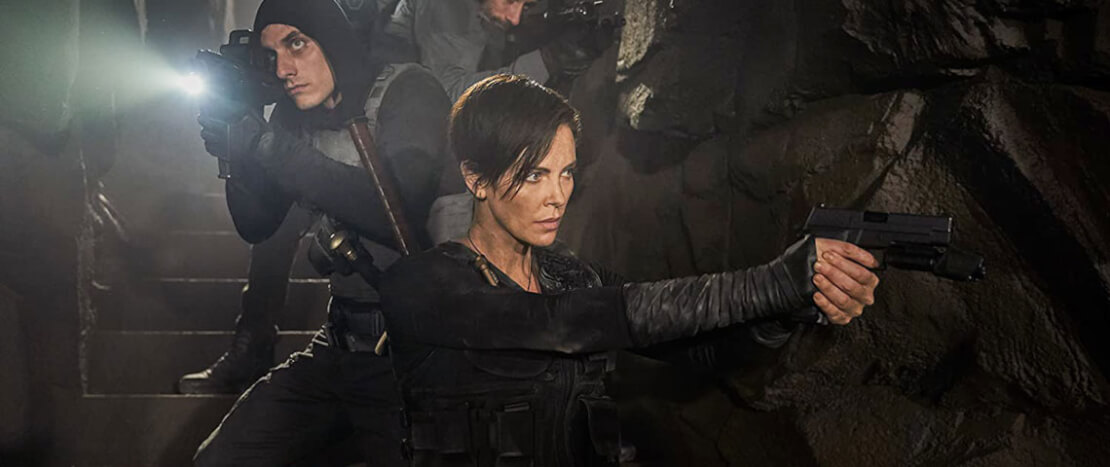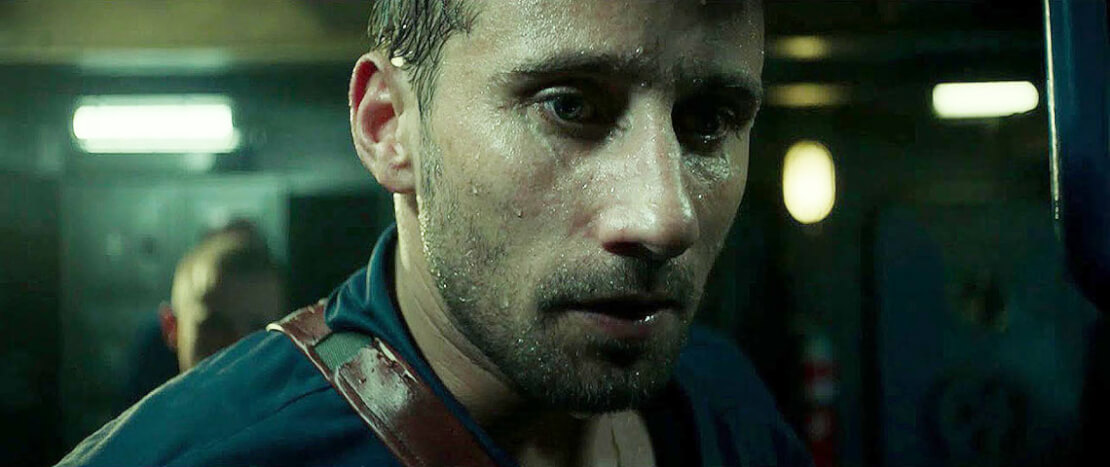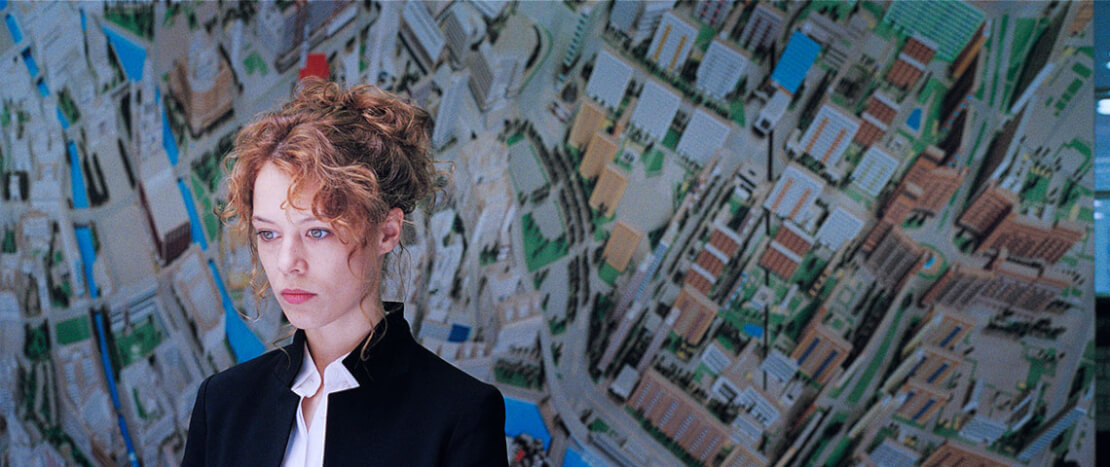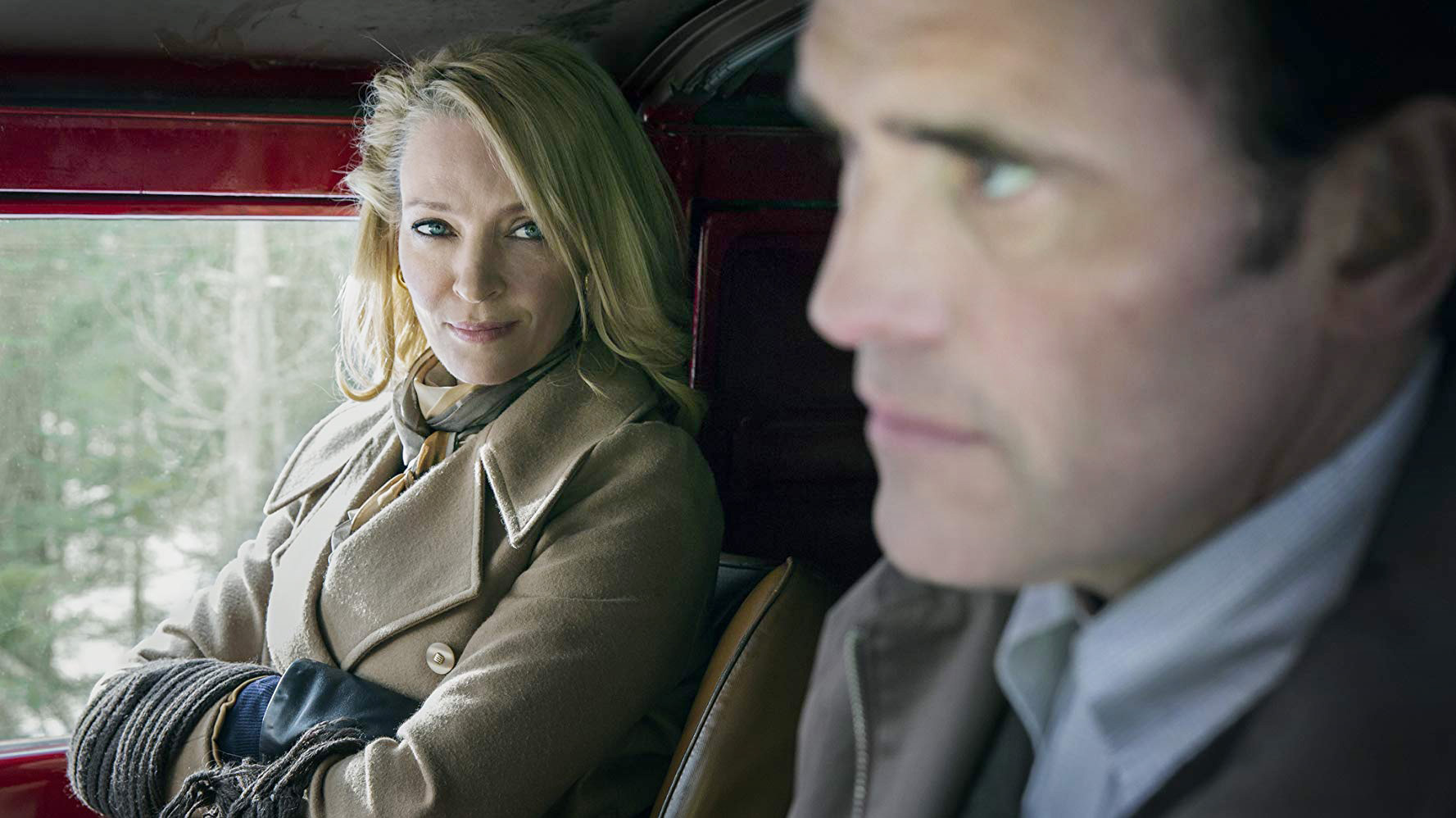A Hidden Life
Devout Catholic farmer Franz (August Diehl) and his family enjoy an idyllic life in rural 1940s Austria. However, when Nazi Germany invades the minds of their village, Franz finds himself ostracised when he refuses to swear allegiance to Adolf Hitler.
Returning to the more fertile and poetic pastures that made ‘The Thin Red Line‘ such a different movie, Director Terrence Malick’s ‘A Hidden Life’ is a return to coherent narration. Whereas ‘Song to Song‘ served as a protracted showreel for its four talented protagonists, ‘A Hidden Life’ has a clear sense of where it’s going and how it’ll get you there.
From its very beginning, Malick’s love for visual storytelling over dialogue is front and centre. Lingering wide-angle shots show the majesty of the Austrian location, whilst Malick puts his lens within millimetres of each character’s face. Similarly intimate, the dialogue is a mixture of inner monologue and the external confrontation. However, it has to be said that unlike the earlier ‘The Thin Red Line‘, the directness of the monologues skip over the reasons for initial Franz’s suspicions. As when a painter in his church tells him “Today I’ll paint a comfortable christ and someday I’ll paint a true christ”, Malick’s intended subtext is clear whereas his rationale for Franz is not.
That said, taking this on board, the remainder of ‘A Hidden Life’ falls on much more fertile ground. When the outside world invades his quiet village, Franz’s mayor (an excellent Karl Markovics) attempts to cajole him into political acquiescence. Where that doesn’t work, the mayor spouts propaganda-as-fact, contaminating every ear that it lands upon. As the hillside mists start to roll down the mountainside, friends and neighbours start to turn away and what was silent hostility becomes open disdain as Franz steadfastly sticks to his principles.
As an ‘exercise in pressure’ where its central character is taunted with how-easy-life-could-be-if-he’d-only-recant, ‘A Hidden Life’ is a 1940s parallel to Martin Scorsese’s ‘The Last Temptation of Christ‘. With both men strung upon a cross of their own choosing, each is lambasted over the futility of their resistance. Nowhere is this more clearly seen than with a much-missed Bruno Ganz where Franz explains that although imprisoned, he is and remains “a free man”.
With an ending that really ever seems in doubt, ‘A Hidden Life’ finishes after 2 hours 53 minutes. Shorn of an hour, its detailed destination might have had more heft, but its languor does a good job in convincing you of the slowness of pastoral life and how quickly minds can change. Tempting Franz with ‘a normal life’ in exchange for a commitment to chaos, ‘A Hidden Life’ arrival is nothing if not also politically timely.
As Franz later muses “God wouldn’t send us more than we can bear” and in this regard Malick the auteur has done exactly that with what can only be described as a very solid return to form.

